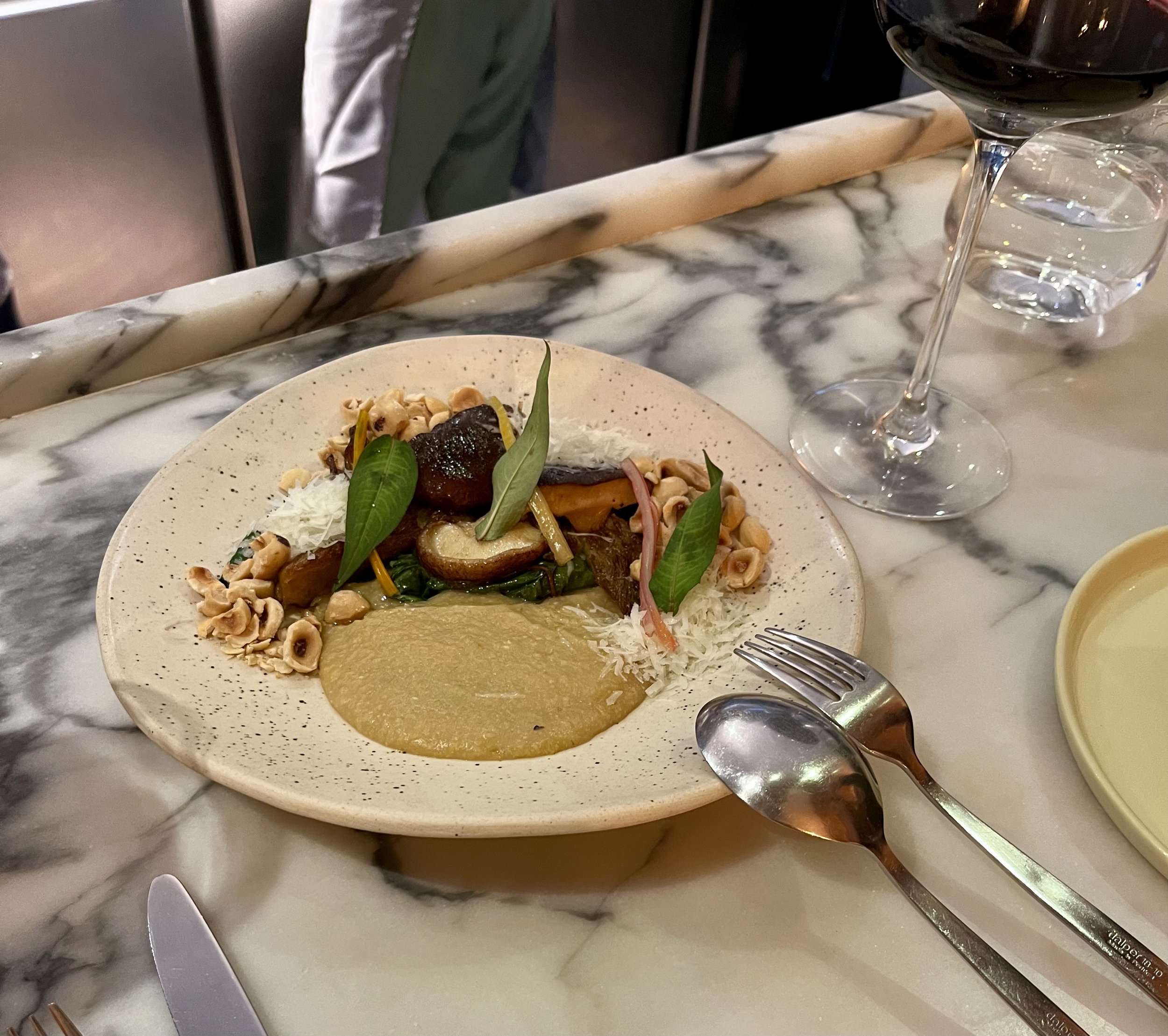The cost of food
Its double meaning and the subsequent story of the multi-faceted relationship we have with it!
Food and cooking come at a cost
One thing is certain, there’s been a rise in food costs. The exact origin is tricky to pinpoint. All I know is that it’s been steadily increasing over the last half a century and spiked in the last few years. Or so it seems. The global pandemic and the seismic aftershock certainly had a profound effect. Even in the postmortem landscape it only continues to rise. Is it just inflation? Is it the ripple effect of production demands, manufacturing shortages, packaging constraints, and transport costs? Is it an attempt to make up for the years of stagnancy or blatant losses? I’m convinced it’s all of it and more. Much more.
But this is not about getting lost in the economic weeds of food costs, though it’s unavoidable to take into account. Rather it’s about how this impact has had a cost on the psyche and our relationship with food, cooking, and to the extent to which we prepare and share it.
I have a dear friend who’s studying the food budget of her international community. What she’s discovering is what we pay, at least in the United States, for being ingredient based households is downright ridiculous. But many who prioritize quality food and home cooking pay the price. I know I do. She does too.
However in my modest punk-like attempt to blaze my own trail I’ve made calculated choices to learn, understand, and apply more natural ways of living. Meaning slowing down, consuming less, growing a garden, making the lion's share of what I eat. In short, being hyper-vigilant in a buy-your-happiness culture.

